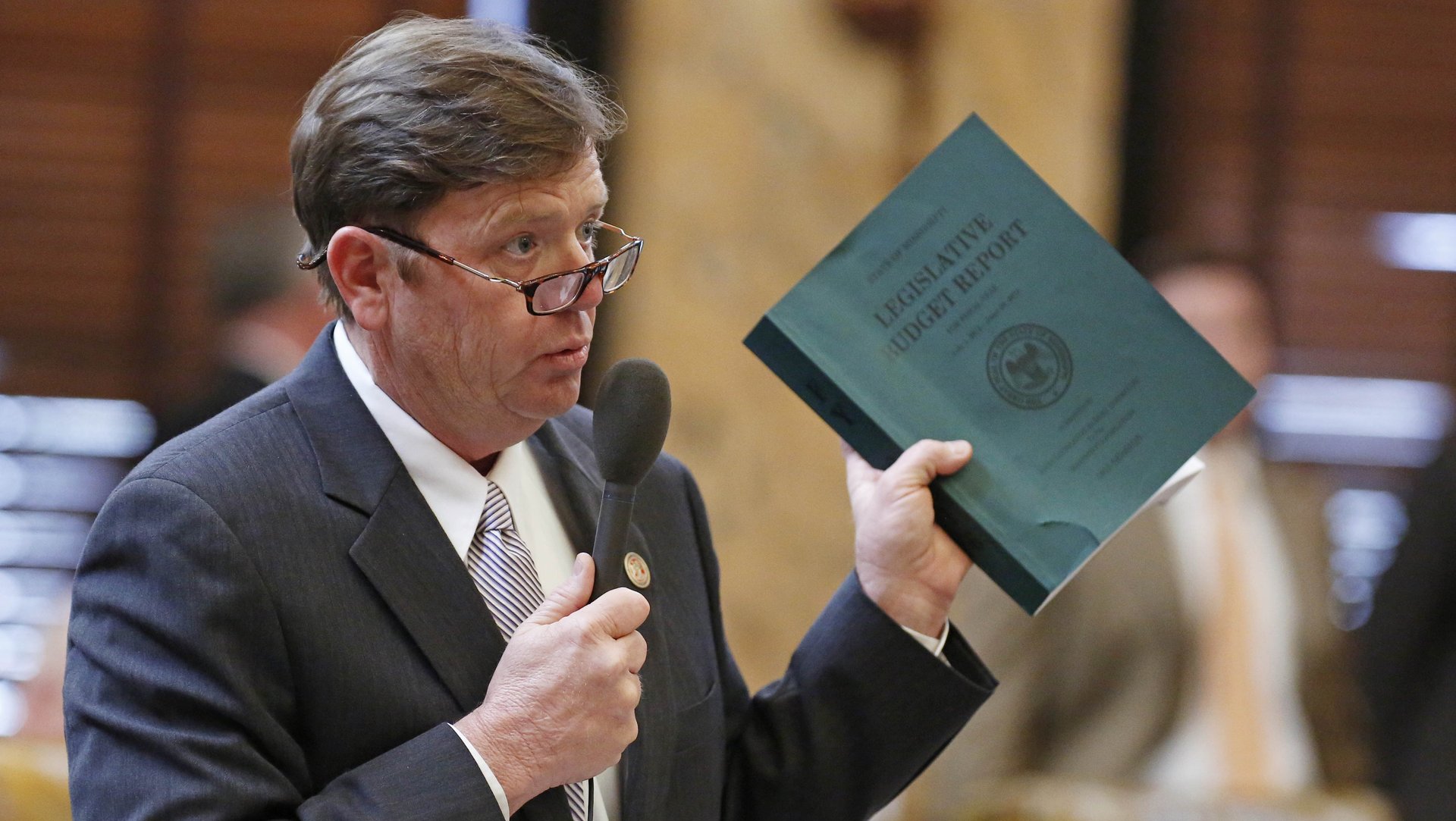An election in Mississippi ended in a tie, so it will be decided by drawing straws
This is something to bear in mind the next time Americans criticize the democratic credentials of other nations.


This is something to bear in mind the next time Americans criticize the democratic credentials of other nations.
Two politicians, incumbent Democrat Bo Eaton and Republican challenger Mark Tullos, in a race for a seat in the Mississippi House of Representatives are tied with exactly 4,589 votes each. So they will decide their race today (Nov. 20) in a method more known from childhood games than electoral politics: by drawing straws.
By state law, the two are supposed to meet and, under the supervision of the state’s governor and secretary of state, determine the winner “by lot.” The governor won’t exactly hold up two pieces of straw in his hand: the two candidates will pick a box out of a bag, and the one containing a long, green straw will be the winner.
Deciding tied races by lot is common in the United States: laws of 35 states allow the practice, most commonly by coin toss. That said, ties are extremely rare, and when they do, only happen in local or state elections where fewer votes are usually cast. The Mississippians decided against it in favor of drawing straws. ”I think they thought that was just too informal, and then what happens if the coin were to drop out of someone’s hand, or do you let it land in someone’s hand, or let it fall on the ground?” Tullos asked The Clarion-Ledger.
The loser could still challenge the result, which would leave the decision to a full Republican-controlled House of Representatives in January. Eaton has vowed he would not challenge the draw—but Tullos said he would, according to the Ledger. And the stakes are very high: if Tullos wins, the Republicans will gain a three-fifths supermajority, that would allow them to pass tax-cut proposals without the Democratic minority blocking their plans. The potential loss of tax revenue is in the hundreds of millions of dollars.
“It’s wrong—philosophically, morally,” Eaton told The New York Times (paywall) of the draw. “It’s archaic, it’s medieval, and it’s wrong. We need a new election.”